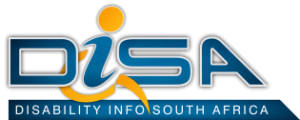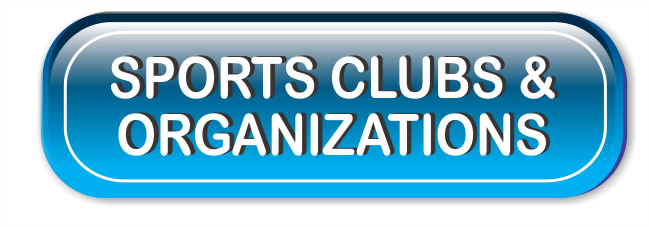Contents: To jump to the topic you would like, click on the links below
Introduction
Both Athletics & Swimming are available to individuals with Intellectually Impairments in South Africa. These sports are competed in at social, club & Provincial level, as well as at the Paralympics & Special Olympics, where the classification process is used. Both sports are governed by SASCOC " South Africa’s Sports Confederation and Olympic Committee." They not only help look after all our various National Federations who are affiliated to them, but are responsible for the awarding for National Protea Colours to athletes who have met the criteria to represent South Africa in these different sporting code.
SASCOC
Both Athletics & Swimming in South African is governed by SASCOC " South Africa’s Sports Confederation and Olympic Committee." They not only help look after all our various National Federations who are affiliated to them, but are responsible for the awarding for National Protea Colours to athletes who have met the criteria to represent South Africa in these different sporting codes, however these sports are available to all who wish to participate.
Paralympics
South Africa has & is regularly represented in the Paralympics Games by athletes with Intellectual Impairments in both Athletics & Swimming. Intellectual Impaired athletes who compete in Athletics are classified under F/T20, while Swimmers are classified under S14.
To become eligible to compete in the Paralympics Games, all athletes with an Intellectual Disability have to reach the primary eligibility criteria, which is determined by:
- An IQ score at or below 75. An IQ 100 is the score of the average person
- Significant limitations in adaptive behaviour (conceptual, social or practical adaptive skills) Examples may include: communication, self care, social skills, home living, health and safety.
- Onset acquired before the age of 18
Class 20
This class is for athletes with intellectual impairment. Athletes in this class must reach the eligibility criteria, which is an IQ score of less than 75, significant limitations in adaptive behavior (conceptual, social or practical adaptive skills), and onset before the age of 18. The APC defines this classification as follows: "Intellectually disabled athletes must have substantial limitation in intellectual function. The athlete’s intellectual function is approximately 70 – 75 or below. Limitations in two or more of the following adaptive skill areas; communication, self-care; home living, social skills, community use, self direction, health and safety, functional academics, leisure and work. They must have acquired their condition before age 18."
Special Olympics
Special Olympics have branches in South Africa, where they provide year-round sports training and athletic competition in swimming and athletics for children and adults with intellectual disabilities. Those activities give them continuing opportunities to develop physical fitness, demonstrate courage, experience joy and participate.
Athletics
Athletics, also known as track and field, is possibly the most popular summer sport. The sport of athletics encourages athletes of all abilities and ages to compete at their optimum level. Through the track-and-field-based athletics training program, participants can develop total fitness to compete in any sport. As with all Special Olympics sports, athletics offers athletes the opportunity to learn through skill development and competitive settings and to be involved in large social settings.
Events and Rules
There are a wide variety of events available and each of these events have their own set of rules. To find out what events are available and to learn about the rules, visit: Events and Rules
Swimming/Aquatics
Paralympics
Swimmers with intellectual impairment that compete in the Paralympics in Swimming compete in the S/SB14 class. These swimmers have an intellectual impairment, which typically leads to the athletes having difficulties with regards to pattern recognition, sequencing, and memory, or having a slower reaction time, which impact on sport performance in general. Moreover, S14 swimmers show a higher number of strokes relative to their speed than able-bodied elite swimmers.
Introduction
Swimming known as Aquatics in the Special Olympics. is a popular summer sport. At the Special Olympics swimming is popular world-wide and is one of the most popular sports in world. Unlike other sports, swimming is a life skill that is taught, first, to ensure safety and, secondly, for sports and competition purposes. Aquatics covers a great variety of swimming skills, from short sprints to longer events and relays.
Events and Rules
There are a wide variety of events available and each of these events have their own set of rules. To find out what events are available and to learn about the rules, visit: Events and Rules
Open water swimming
Special Olympics has a growing number of athletes around the world taking part in open water swimming, a sport in which swimmers race in bodies of water such as lakes, rivers and oceans instead of pools. Open water swimming debuted at the 2011 Special Olympics World Summer Games in Athens, Greece as a demonstration sport. Open water swimming involves swimming in rivers, lakes, seas or the ocean, where deep water, lack of lane markings, waves, currents, wind and other natural elements test the swimmer.
References


